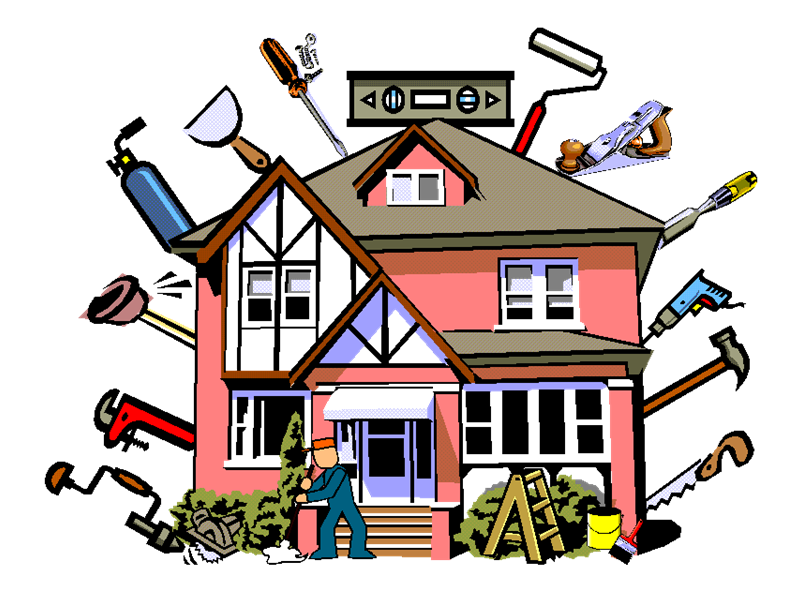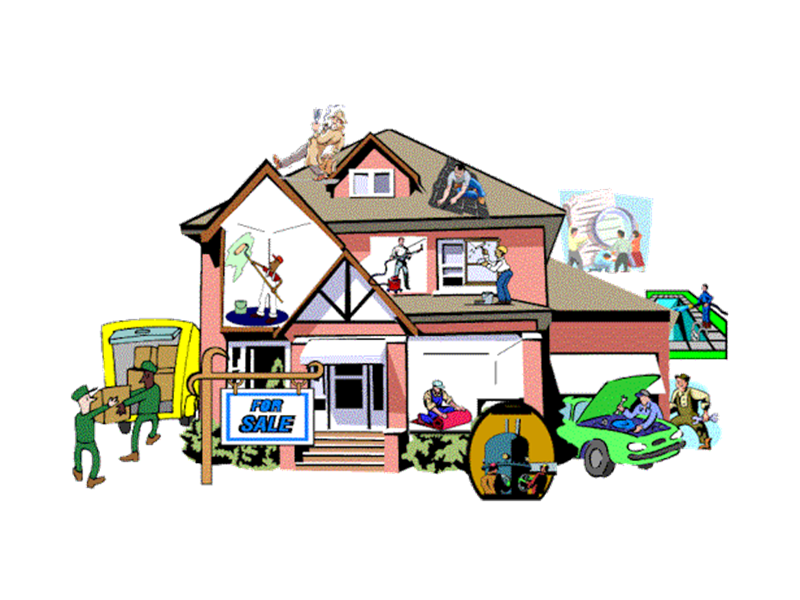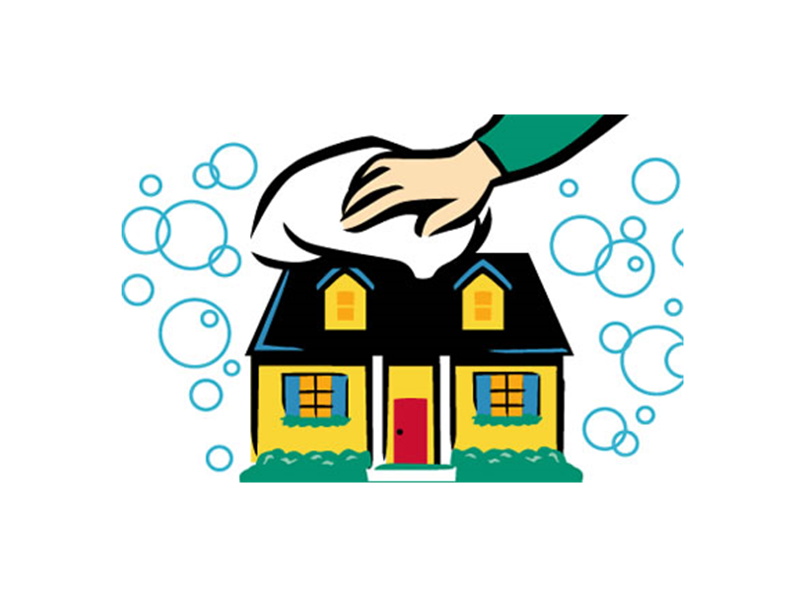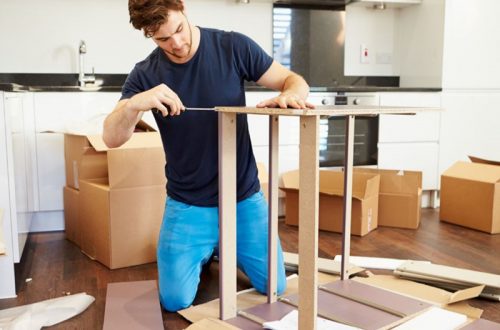
Home Repair Safety Tips
Our website is supported by our users. We sometimes earn affiliate links when you click through the affiliate links on our website.
Making your own repairs to your house keeps your time, money and worry, but you must not overlook some safety concerns when doing these repairs. Below, we list some easy safety tips for homeowners that will be making their own DIY home repairs.
Cooling and heating repairs
Forever ensure that capacitors are discharged fully when working on the electrical service box of an air conditioning or heating unit. Capacitors may still grip an electrical charge with sufficient electricity to kill a person even with energy turned off.
If you are working around gas lines, ensure not to damage them, as a gas leak make permit gas to build up and cause an explosion in your house. If you do damage a gas line, remove your family and yourself from the house quickly and call 911 to report the gas leak. A gas leak is definitely an alert and needs fast action.

Electrical repairs
Forever turn off electricity to the circuit you are working on. Never attempt for a moment to make a repair with power running via the circuit or it may be the last repair you will make. Remove jewelry, such as necklaces and watches when working around electricity. Try to forever keep the odds in your favor. A dangling piece of metal touching a live circuit has the potential to draw power current right through the body.
Unless you truly know what you are doing, do not work on any part of the circuit box in your house. Unless power has been turned off to the circuit box from outside the home, there is still power running to the main circuit breaker. Even with the main turned off, there is still power running to the main switch.
Never work with power cords that are standing in water. The cord may have a break in the insulation surrounding the wire and cause serious power shock.

Plumbing repairs
When working on plumbing fixes or plumbing lines in your house, ensure that the value is closed to the line or fixture you will be repairing. Some fixtures such as bathroom toilets have their own disconnect values, but even these are sometimes prone to failure.
Water traps in plumbing waste lines are made to hold water that stops sewer gases from entering the house. Sewer gases can build up fast in a home when repairing waste lines where the trap has been removed. Forever cover any waste lines fully where a trap has been removed temporarily.





